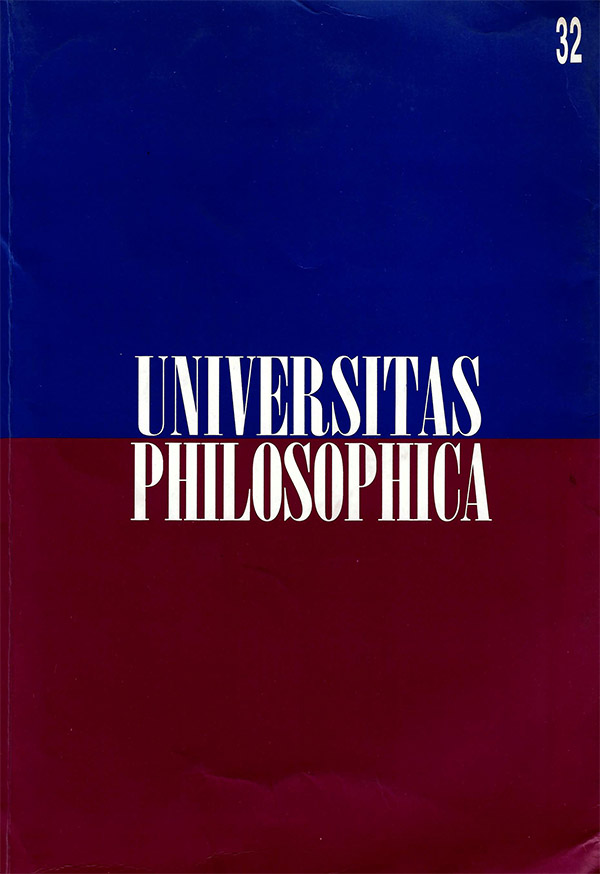Abstract
This paper deals with the german philosopher Rüdiger Safranski reflection around the problem of liberty; for Safranski, evil is the 'Iocus' of the internal dramma of liberty. From a contemporary perspective Safranski tries to assume the classical problem of evil early developed by the idealism in the modern framework of the rational autonomy of the will. The eclectical Safranski's viewpoint costs a suggestive perspective to see the relationship between evil and liberty, and at the same time gives an interpretation of the structural articulation between contemporary culture and nihilism.This journal is registered under a Creative Commons Attribution 4.0 International Public License. Thus, this work may be reproduced, distributed, and publicly shared in digital format, as long as the names of the authors and Pontificia Universidad Javeriana are acknowledged. Others are allowed to quote, adapt, transform, auto-archive, republish, and create based on this material, for any purpose (even commercial ones), provided the authorship is duly acknowledged, a link to the original work is provided, and it is specified if changes have been made. Pontificia Universidad Javeriana does not hold the rights of published works and the authors are solely responsible for the contents of their works; they keep the moral, intellectual, privacy, and publicity rights.
Approving the intervention of the work (review, copy-editing, translation, layout) and the following outreach, are granted through an use license and not through an assignment of rights. This means the journal and Pontificia Universidad Javeriana cannot be held responsible for any ethical malpractice by the authors. As a consequence of the protection granted by the use license, the journal is not required to publish recantations or modify information already published, unless the errata stems from the editorial management process. Publishing contents in this journal does not generate royalties for contributors.


